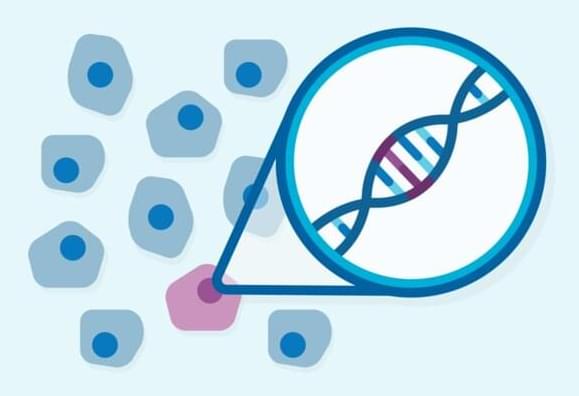A team of researchers at the Broad Institute of MIT and Harvard has developed a new approach to next-generation sequencing that detects genetic mutations within single molecules of DNA.
The method, called Concatenating Original Duplex for Error Correction (CODEC), makes next-generation sequencing about 1,000 times more accurate and opens up the possibility of a range of applications including detecting tiny numbers of cancer mutations in blood samples, monitoring cancer during and after treatment, and identifying mutations underlying rare diseases, all at relatively low cost. The study appears today in Nature Genetics.
“The beauty of this approach is that it’s not an overhaul of how sequencing is done,” said Viktor Adalsteinsson, senior author on the study and director of the Gerstner Center for Cancer Diagnostics and leader of the Blood Biopsy Team at the Broad. “It’s not something that requires new instrumentation or capital investment —it’s a simple set of steps added into existing sample preparation workflows to improve the accuracy of DNA sequencing.”
